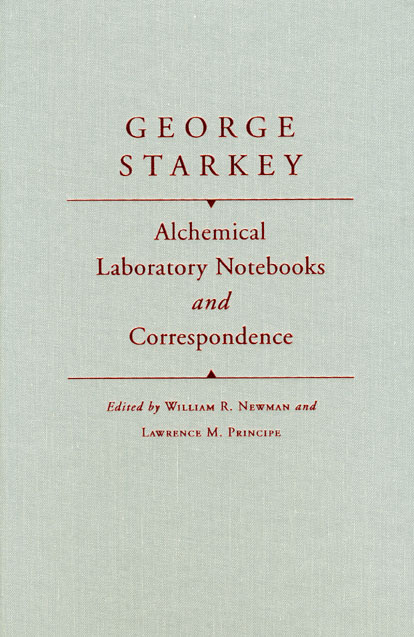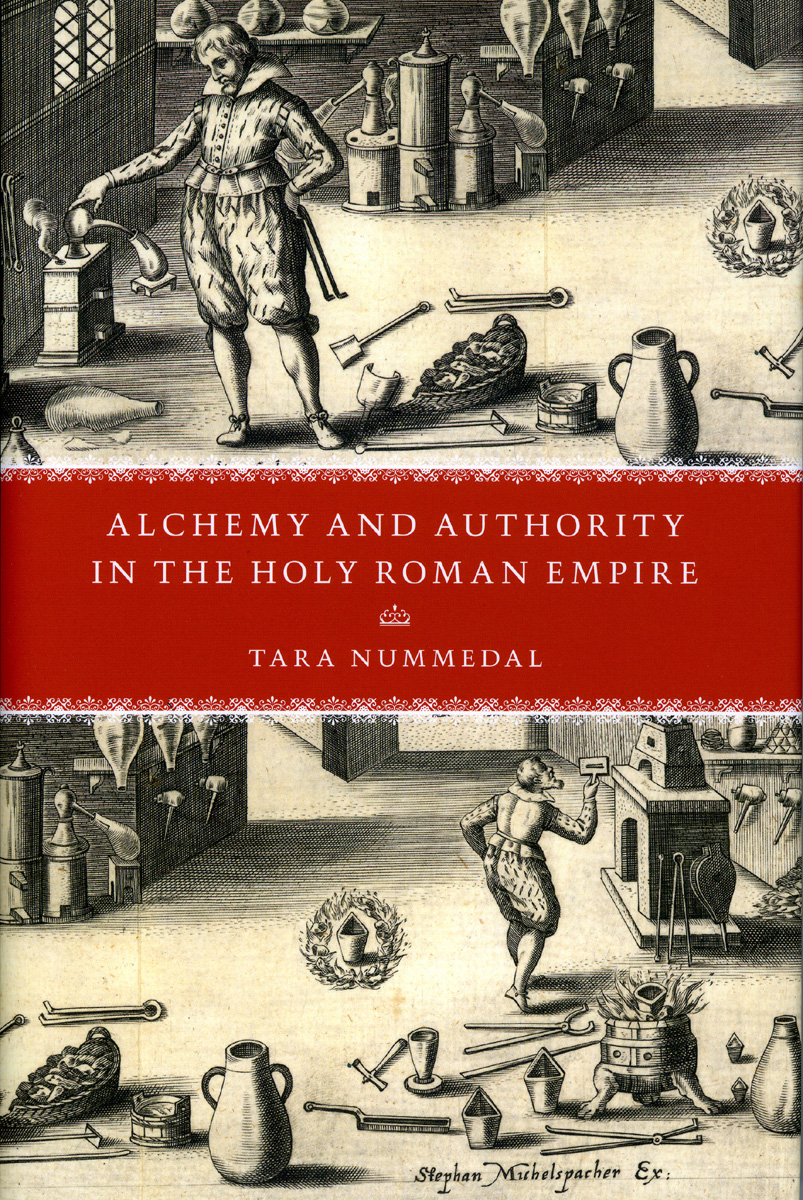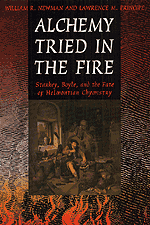The revival of alchemy studies
 The alchemist’s quest to transform base metals into gold lasted over 2500 years beginning with the ancient Egyptians and culminating with eighteenth century European and American alchemists like George Starkey and his apprentice Robert Boyle. As Stephen Heuser writes in a recent article for The Boston Globe: “Centuries of work and scholarship had been plowed into alchemical pursuits, and for what? Countless ruined cauldrons, a long trail of empty mystical symbols, and precisely zero ounces of transmuted gold. As a legacy, alchemy ranks above even fantasy baseball as a great human icon of misspent mental energy.” But, Heuser asks, “was it really such a waste?”
The alchemist’s quest to transform base metals into gold lasted over 2500 years beginning with the ancient Egyptians and culminating with eighteenth century European and American alchemists like George Starkey and his apprentice Robert Boyle. As Stephen Heuser writes in a recent article for The Boston Globe: “Centuries of work and scholarship had been plowed into alchemical pursuits, and for what? Countless ruined cauldrons, a long trail of empty mystical symbols, and precisely zero ounces of transmuted gold. As a legacy, alchemy ranks above even fantasy baseball as a great human icon of misspent mental energy.” But, Heuser asks, “was it really such a waste?”

In his article Heuser cites the rising number of scholars who would answer that question in the negative—including Press authors Bernard Lightman, Tara Nummedal, William R. Newman, and Lawrence M. Principe—all of whom have joined the ranks of historians, humanists, and philosophers of science that cite alchemy’s profound influence on the beginnings of modern chemistry in calling for a reappraisal of its historical significance. Heuser’s article continues:

Alchemists, they are finding, can take credit for a long roster of genuine chemical achievements, as well as the techniques that would prove essential to the birth of modern lab science[Robert Boyle is also today widely regarded as one of the founders of modern chemistry]. In alchemists’ intricate notes and diagrams, they see the early attempt to codify and hand down experimental knowledge. In the practices of alchemical workshops, they find a masterly refinement of distillation, sublimation, and other techniques still important in modern laboratories.…
Bringing alchemy under the tent of science does more than illuminate a turning point in a distant history, however: It suggests a different way to think about science in our own time. Science might be the most productive tool ever invented for understanding the world, but despite its claims on truth, it is still just that: a tool, and a man-made one. Alchemy is an important reminder that modern science [also] has a context…
Isaac Newton, the first great physicist, reached for alchemy when he tried to formulate a theory of the universe that could account for everything from plant life to gravity. Albert Einstein tried, and failed, to cap his career by formulating a single theory that explained all the universe’s forces. And at the cutting edge of modern physics, string theory purports to offer a complete but possibly unprovable explanation of the universe based on 11 dimensions and imperceptibly tiny strings.
Alchemists wouldn’t recognize the mathematics behind the theory. But in its grandeur, in its claim to total authority, in its unprovability, they would surely recognize its spirit.
Read the rest of Heuser’s article on the Boston Chronicle‘s website Boston.com. Or click on our author’s names above to find our more about their books and the revival of alchemy studies.